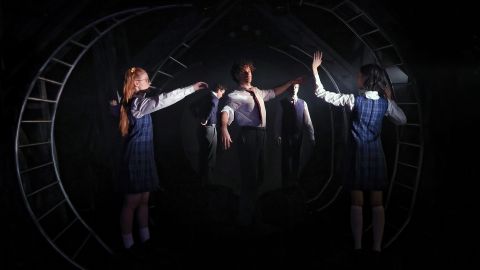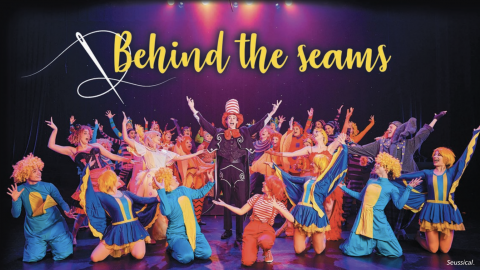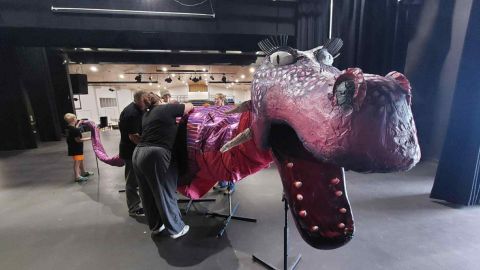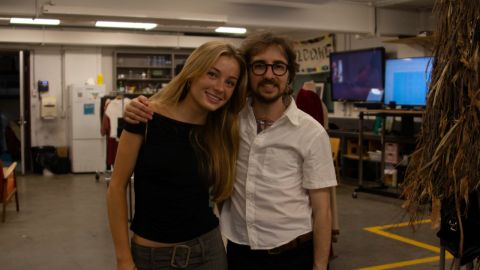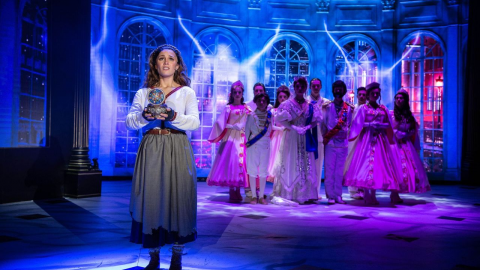School Musicals: To Buy or Hire.
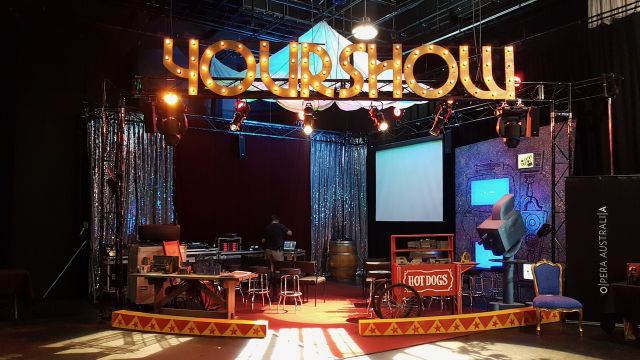
Mark McDowell, the co-owner of Your Show and Costumes Without Drama, shares his tips on budgeting for a school musical.
Budgets for school musicals are usually set in stone, that is: “the same as last year”. The bean counters will tell you the maximum you can spend and that is that. Some schools see musicals as a promotion of the school, and are therefore generous in financial support and less concerned about balancing the books.
All shows have different pressures on the budget. It is a constant battle to between choosing a show that is popular and one that is tried and tested but not as known to the students. As much as you want to do a particular show for artistic reasons, you have a responsibility to aim to break even. Remember there are many reasons why shows flop on Broadway or in the West End, but mostly it’s because they are not very good. My motto is whenever possible try to break even and they will leave you alone. If you make a profit, try to spend it on something that will save you money on your next production.
If you have a principal or accountant who will try to help relieve the pressure by investing some capital money, make sure you spend it wisely. They will probably look at the big ticket hire items from last year’s show and inevitably instruct you buy 20 radio mics. This is not a good idea and will come back to bite both of you. Unless you have a trained ‘Theatre Tech’ to maintain them, they will let you down and you will end up hiring them anyway.
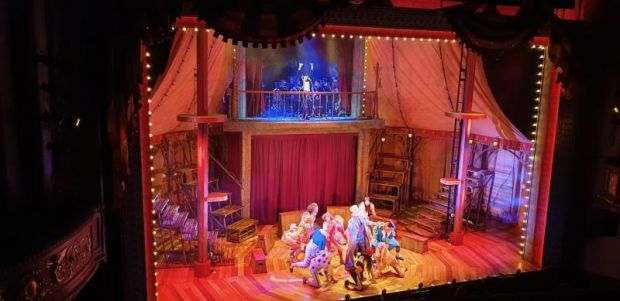
Also, you only use this number of mics once a year, the rest of the time they sit in the cupboard deteriorating. I’m not saying don’t buy radio mics, I’m just saying cap it at six in total.
If its lights you want to buy, then first make sure that your infrastructure can support them. Moving lights require maintenance and there is no use buying them if your lighting console can’t drive them.
Budget wise, look at each show that you are considering and check out the following details.
How many locations are in the production? Can this be done with a basic set and more lighting or props? Can I hire the set?
Wardrobe - how many different sets of costumes does each cast member require? Does much need to be made or can it be hired? Can it be purchased from OP shops?
How many radio mics? Can this be reduced by more swaps or using corded mics with careful choreography? Will this suit the show?
Can more students be put into the orchestra to save on hiring all professionals?
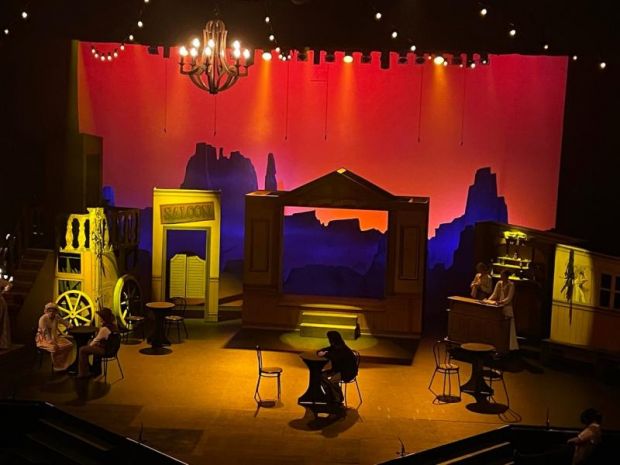
Do you need moving lights? Moving lights require extensive programming. Most schools have lots of students keen to be involved, but not on stage. Can they be follow-spot operators? Every spoken line or sung lyric in a professional musical has a follow spot on the actor. Remember follow spots don’t need to look like a hard-edge circle of light following an actor around the stage. They also don’t need to be at 100 percent intensity.
Once these questions are answered you can adjust department budgets to suit the chosen show.
Don’t worry about doing a play or musical that has been done before at your school. As long as it’s over six years ago, you will have a different cohort, and may in fact get the old cohort buying tickets to compare. You also may find that you have some resources around from the last time you produced it.
Choose wisely and remember, ‘If it breaks even or makes money, it will continue to happen’.
Contact Mark McDowell for a quote at:
https://costumeswithoutdrama.com.au/
0412 580 977

